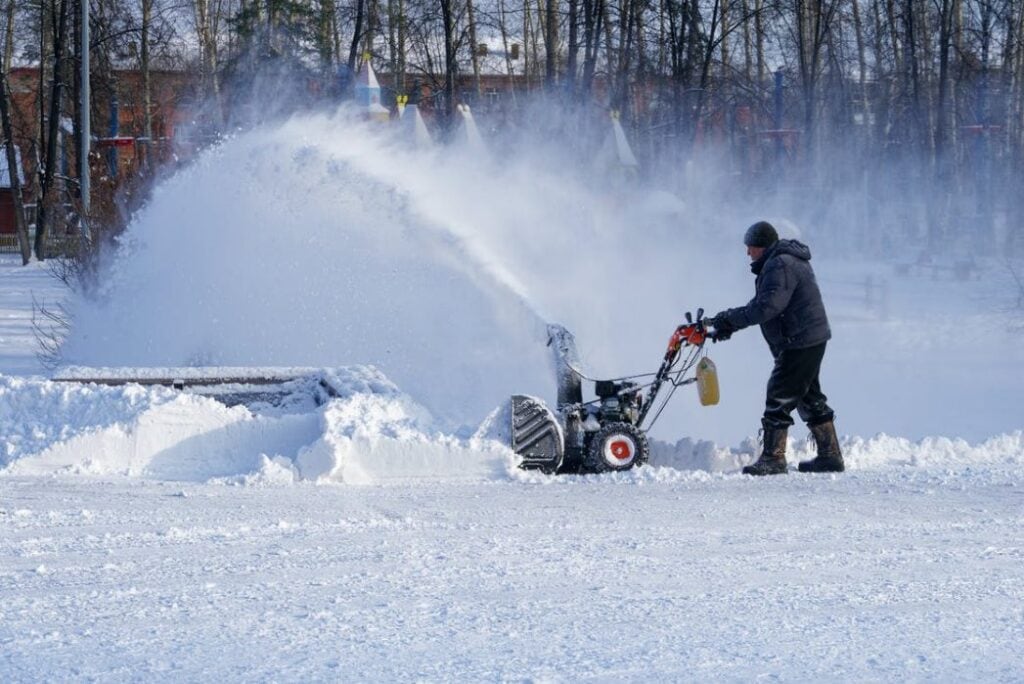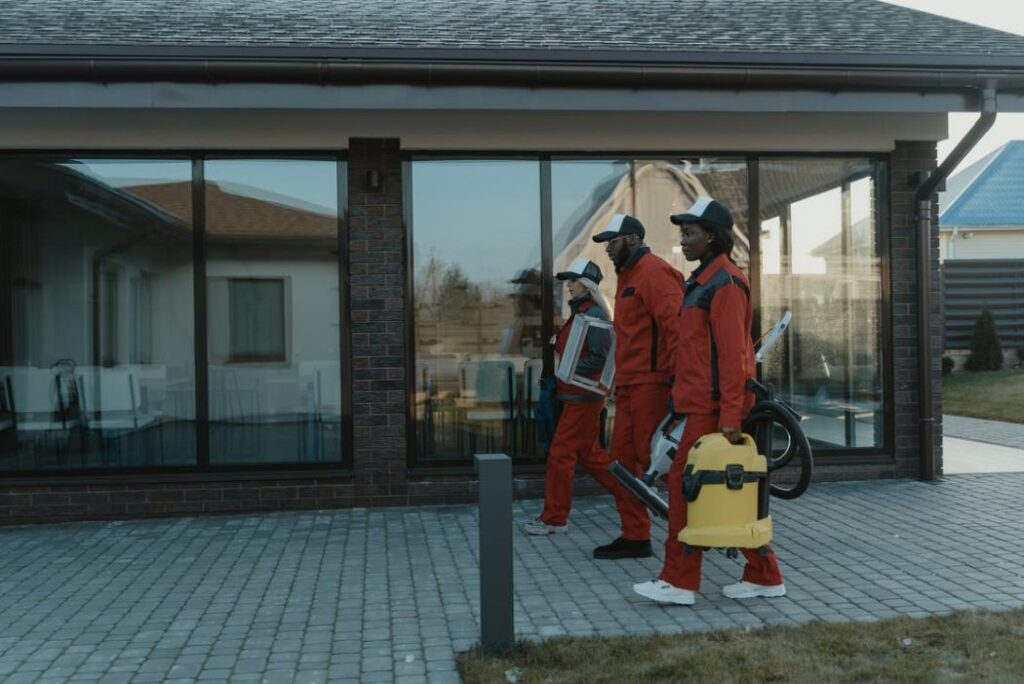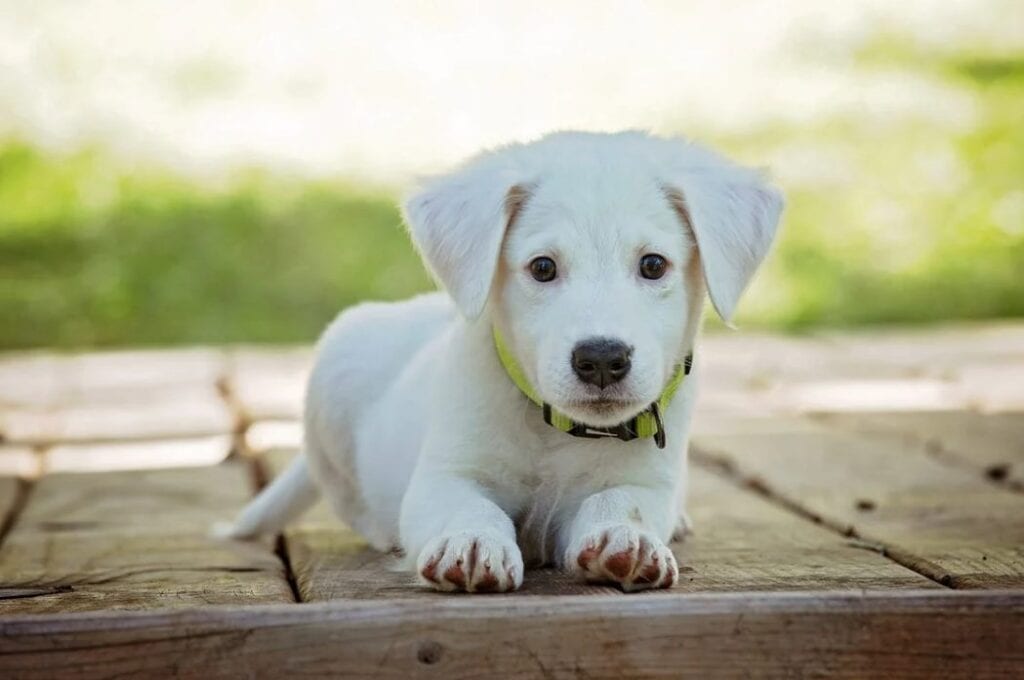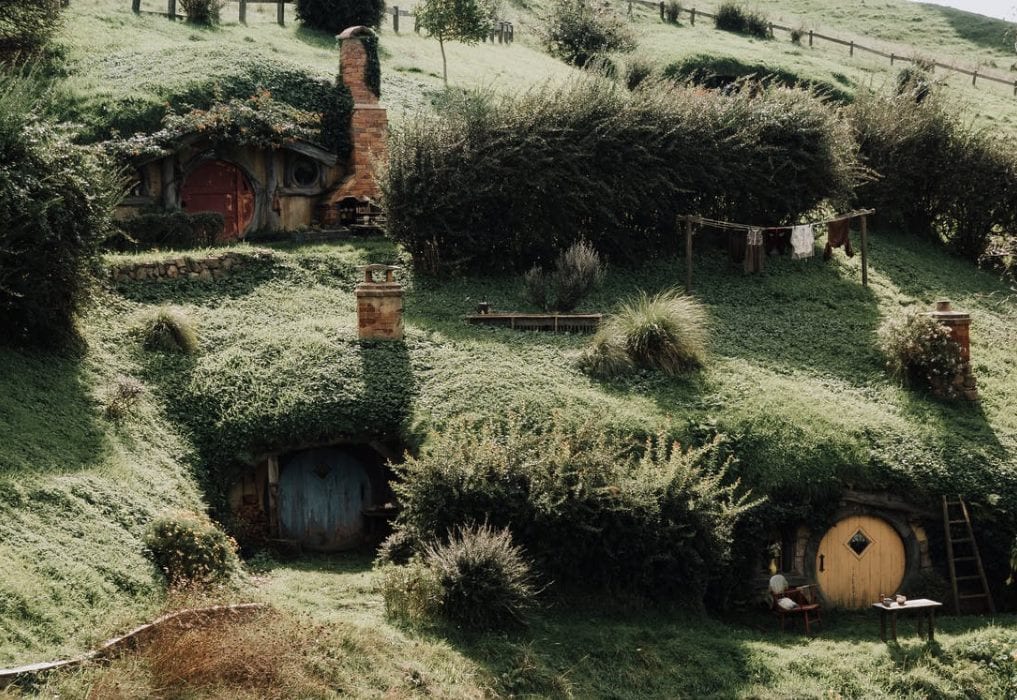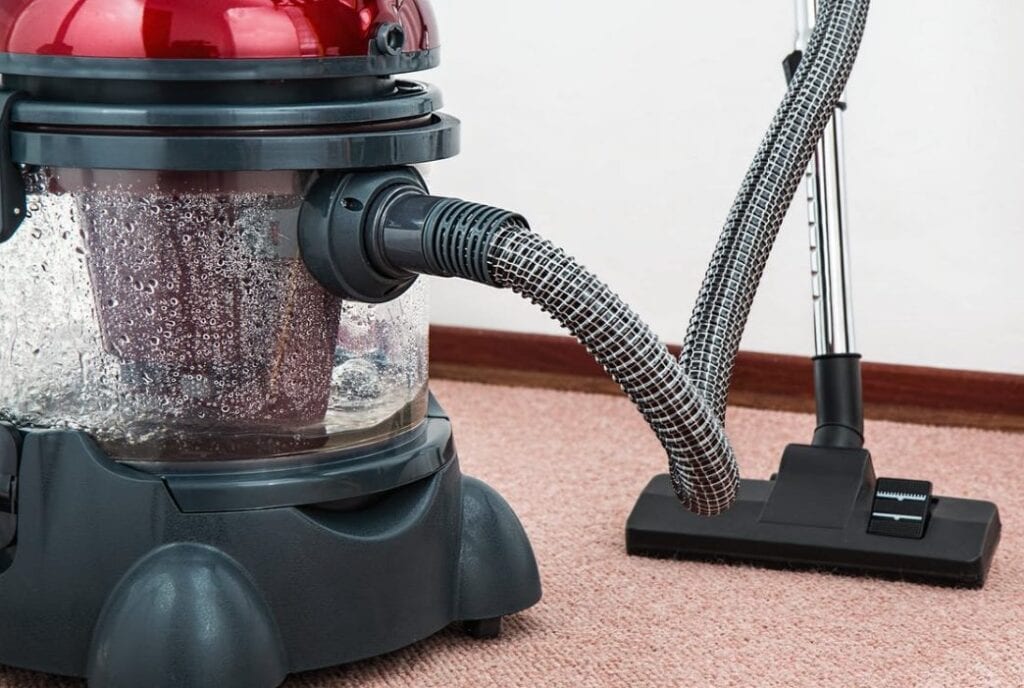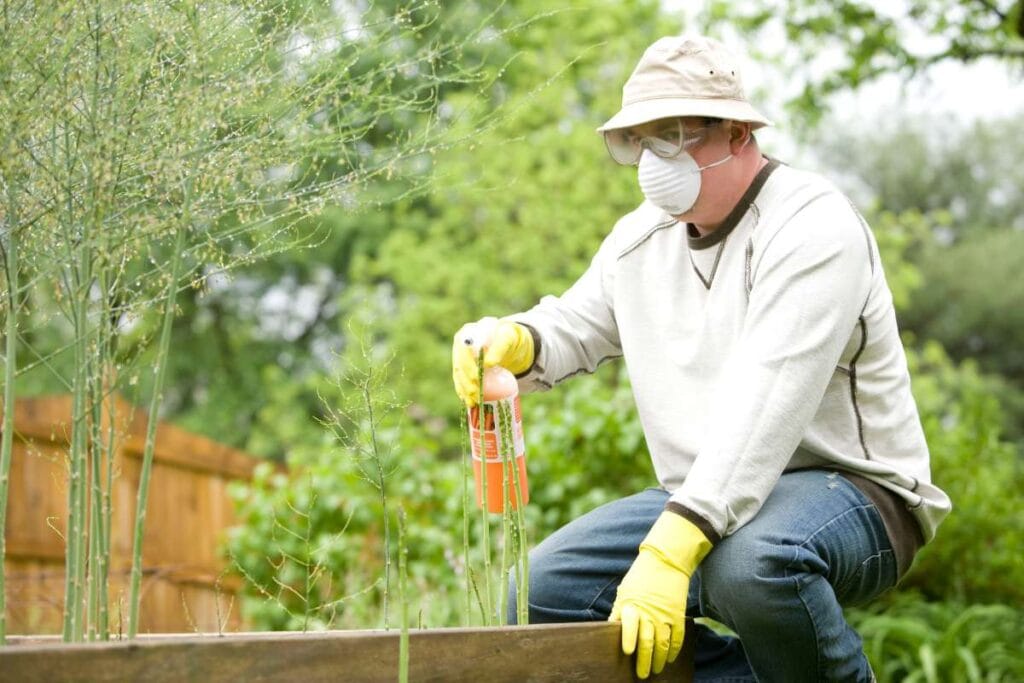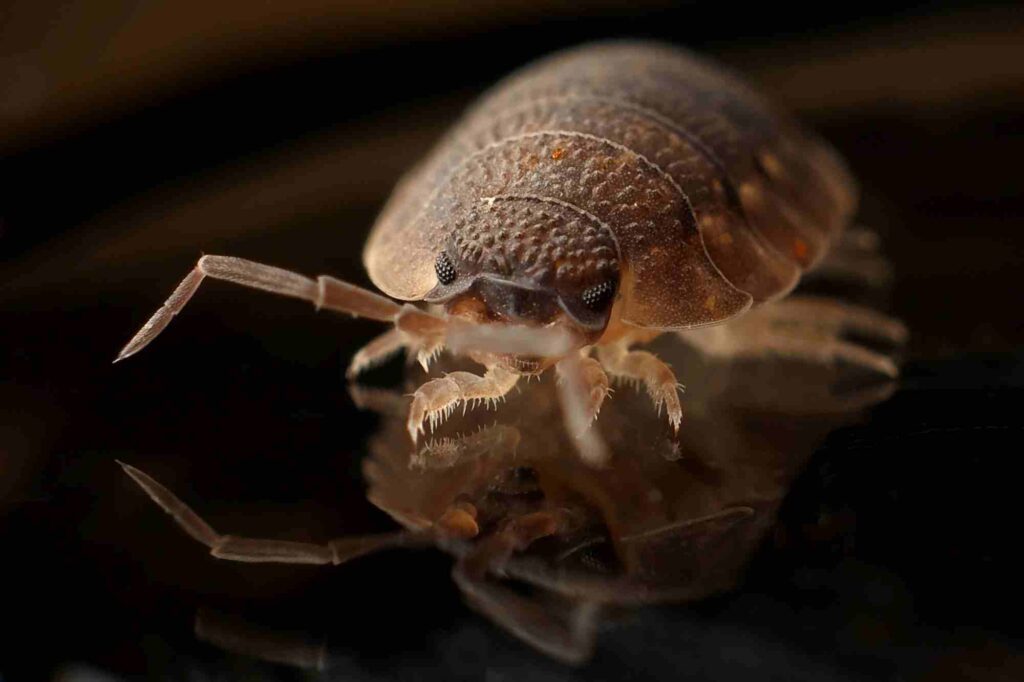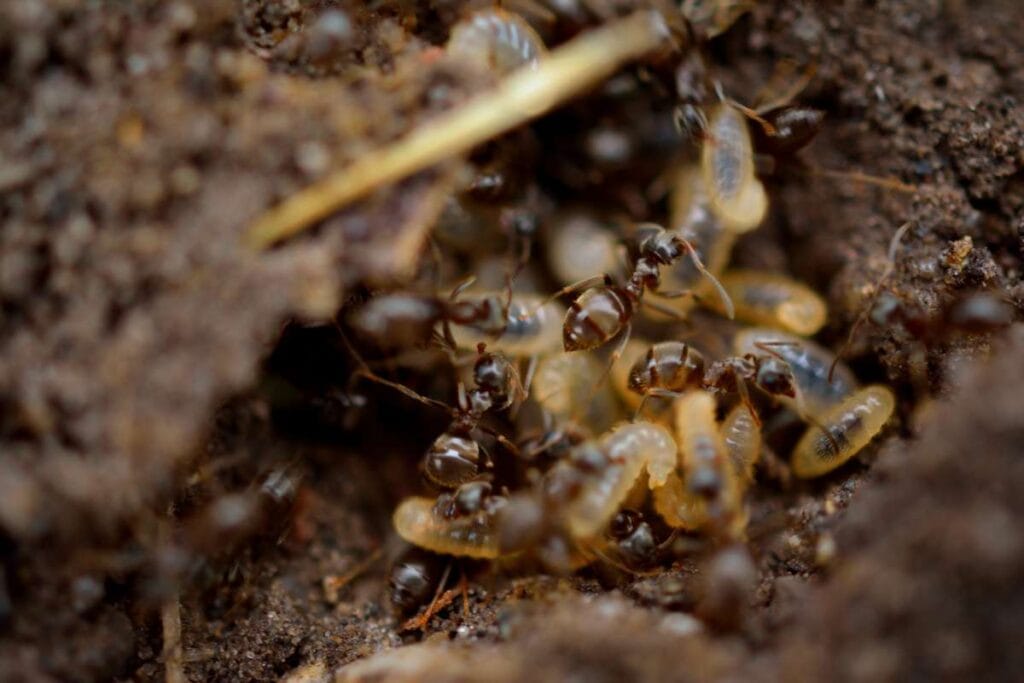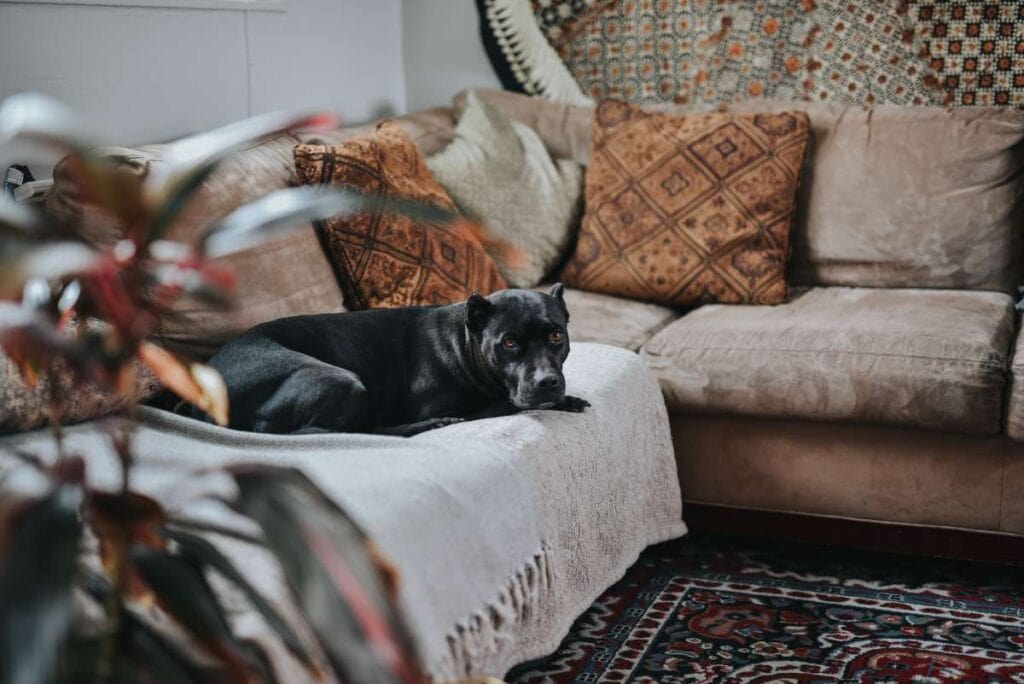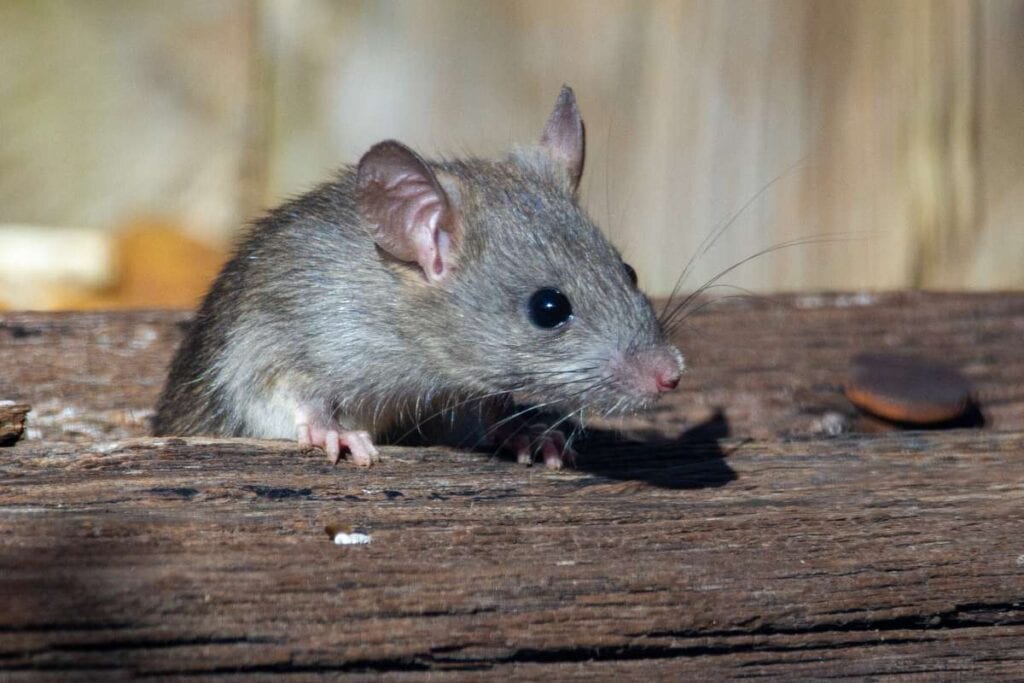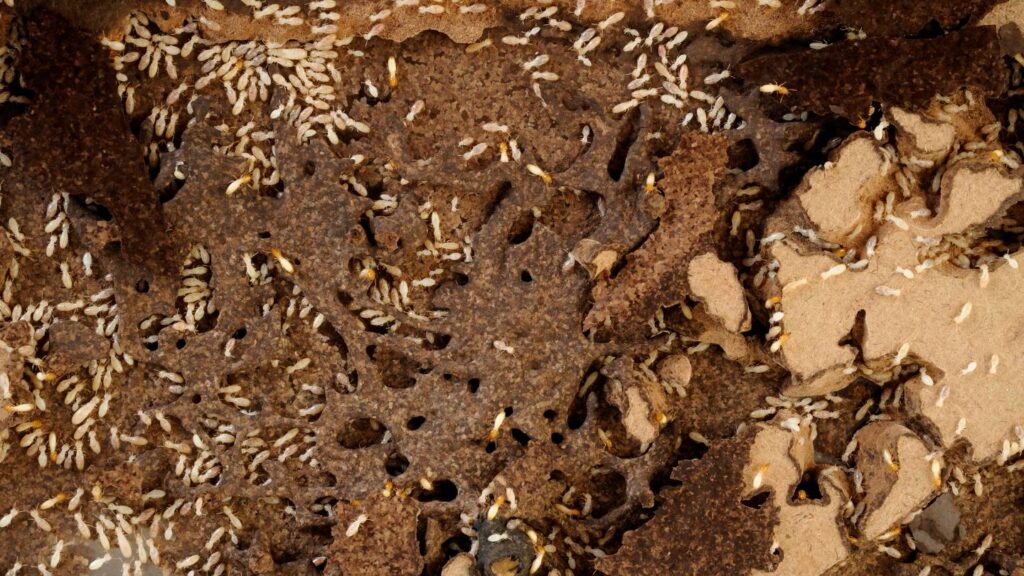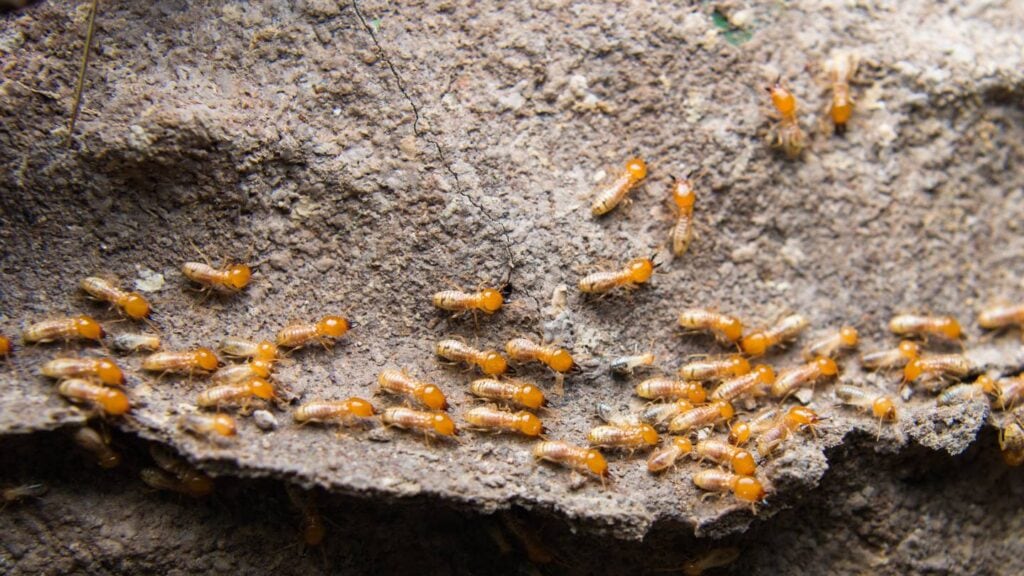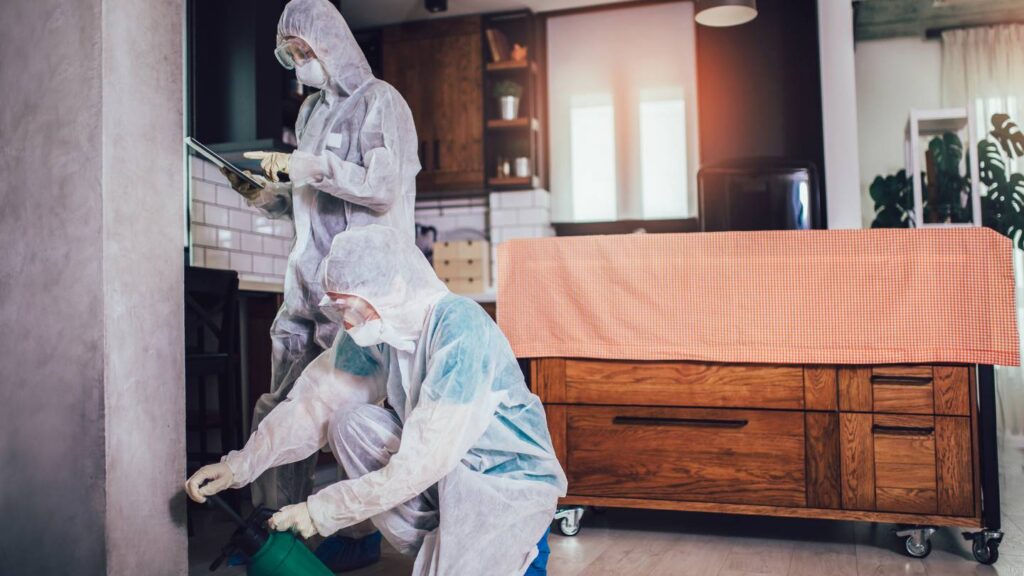The smell of a dead animal dissipates quickly in an adequately aired space. Despite popular belief, animals rarely perish in places with adequate ventilation. Their final resting place is a nest, typically in a dark, inaccessible area, and they die there. Because the body may take many weeks to decay before it is discovered, the foul odour that permeates your home or building during that time is likely to be more intense. It's not a nice smell.
Good ventilation is difficult to achieve in confined spaces and low light. Because of this, you'll have to be creative with how you treat odours. You have described a typical indoor environment as cramped, gloomy, and poorly ventilated, making it impossible to utilise many of the common household cleaning supplies. Several labels specifically state that the product should only be used in places with adequate ventilation.
You may notice a significant reduction in the unpleasant odour if you eliminate any potentially contaminated materials, such as the carcass, bedding, nesting material, etc. However, there needs to be getting rid of everything will fix the issue. Here is when the power of your cleansers will be used, as they will be able to remove the bacteria, fluids, and other creatures that are stinking.
Biological enzyme cleansers aren't going to cut it; you could have to replace drywall, attic insulation, and wood. This is a challenging task, but putting it off could cause major issues down the road or even structural damage to the building, so be careful.
The general rule is that a material's odour will be stronger the more damp it is. There are a few home cures that you may try, but the most effective strategies for dealing with the odour are to give yourself some time, make sure there is adequate ventilation, and thoroughly clean the area. Baking soda and other natural odour-removing agents are the most effective.
Find A Dead Animal In Your Home By Following These Steps
The most annoying thing that may happen to a homeowner is a strong odour that won't go away, and if there's a dead animal in the house, the stench will likely permeate every room. Since it can take a few weeks or more for nature to do its thing and the smell to fade away again—depending on the dead animal—there are a few things you can do to find the animal and get it out of your house.

Find The Spot With The Most Powerful Aroma
As a first step, you should identify the carcass within the property; the intensity of the smell will help you do this. In addition to using your sense of smell, you may have seen that your pets have been more active or scratching at the same spot, which could indicate the location of the carcass.
Determine Location Access
Although it may be easy to find and remove a dead animal from a basement or attic in some instances, this is not always the case. In certain instances, you may need to cut a hole in the drywall to access the area where the carcass is located to remove it. However, spaces at the top of the wall cavity or removable vents can be helpful in this regard.
Collecting And Eliminating The Dead Body
Wear gloves and long-sleeved shirts while handling the carcass to prevent the spread of parasites and ticks, which can be present in even a lifeless animal. Please put it in a plastic container or a thick trash bag, and then close it with another bag to keep the smell in. After that, you can put it in the trash or burn it.
Preventing Further Issues By Sealing The Area
After you've removed the carcass, wipe up the area well and chop off any excess meat. After you've determined the animal's entry point into the house, the next step is to fix any vents or seal any holes that may have let it in.
Locating And Disposing Of A Dead Animal
There will inevitably be fatalities among wild animals due to many causes, such as disease, hunger, parasites, predators, and so on. Because of the proximity to your home, they will probably perish within your walls or attic, depending on the situation. Animals who are sick frequently try to get some rest in their cave or nest. As soon as their core temperature drops, they will flee to a heat source.
Odours may be present when an animal dies due to biological decomposition; the intensity of these odours will vary with the time of death. Bacteria and other microbes involved in decomposition break down animal tissue, creating an odour that is often the first sign of a dead animal in a home or yard. Attics, inside walls, beneath elevated houses, and yards are common places to find animal carcasses (which would be appropriately accompanied by a swarm of flies or predators circling overhead).
In most cases, the direction of the air currents can tell you where the carcass is on the property; for example, if the stench is most intense during the middle of the day, it's not likely to be in the basement. Regardless of how close the carcass is, the stench will be worse in a room with poor ventilation, which could be complicated. Although they have an equally repulsive odour, dead rodents like mice and rats are sometimes more difficult to locate.
Use your sense of smell to zero in on the room where the animal's corpse is most strongly scented to locate its final resting place in your house. You should also check the attic and walls for any signs of the deceased animal. Assuming it isn't under the home, you've already ruled that out (for elevated buildings).
There Is A Dead Animal On The Wall.
- Follow your nose up and down the room's walls until you find the exact location where the odour is greatest. Looking down from the attic, you can sometimes make out the lifeless body in the wall.
- Start the attic with a grabbing tool once you've found the place. Using a drywall saw to make a hole in the wall region may be necessary if, as is usually the case, the carcass cannot be removed through the attic.
- Once you locate the carcass, cut it and put it in a plastic bag. When you do this procedure, make sure to wear protective rubber gloves.
- Get rid of live maggots on the wall by spraying an enzyme cleanser.
- For larger animals, burn the carcass; for smaller ones, throw it away.
There Is A Dead Animal In The Attic
- Make sure the attic is the actual source of the smell. Next, go to the peak and keep searching until you find it; again, follow the scent.
- It is unusual for them to disappear suddenly. Check any crevices a sick animal could squeeze into, such as behind insulation and ducting, under floorboards (if necessary), and anywhere else you can find them.
- As soon as you find the carcass, start removing it and bagging it;
- Drain and dispose of potentially infectious bodily fluids or biohazardous items, including contaminated human waste, hair, and droppings.
- Use a powerful vacuum to remove tiny particles.
- Deodorise and clean with an enzyme-based spray.
Priorities Of Personal Hygiene When Handling Dead Animals
- Before handling any potentially hazardous or questionable material, be sure you're properly protected. A face mask and rubber gloves are required, especially when handling the carcass.
- If you happen to get any bodily fluid on your skin when handling the deceased animal, have some alcohol gel and tissues on hand.
- Take precautions against the parasites you exterminated by washing your hands and clothing with antibacterial soap as soon as you handle a dead animal.
Natural Ways To Remove Dead Animal Smell
Enzyme Cleaners
The molecules that hold dead animal odours and cause stains can be broken down and dissolved by enzyme solutions. To speed up the chemical reactions required to break down the unpleasant compounds generated by a decomposing animal's body, non-toxic proteins called enzymes are utilised.
Baking Soda
Mix baking soda and water to make a paste. Apply the mixture to locations where animals are decaying. After the paste has dried, you can remove the excess.
Bleach
You can eliminate the stench of a dead animal by using full-strength bleach, but this solution is only effective on specific solid surfaces where bleach is safe to use. Bleach can eliminate many germs; however, it might only mask an odour for a little while.
Consequences Of Attempting To Remove Dead Animal Odours On Your Own
Removing and replacing insulation, drywall, cloth, or porous wood may be necessary to eradicate the odour if a dead animal's decomposition occurs inside walls.
People trying to fix animal carcasses on their own should use protective gear because it can be harmful to their health. The bacteria and viruses that live in the decaying remains of animals threaten human health.
It is possible that disinfectants like bleach, baking soda, and enzyme cleaners won't eliminate all the germs that cause illness.
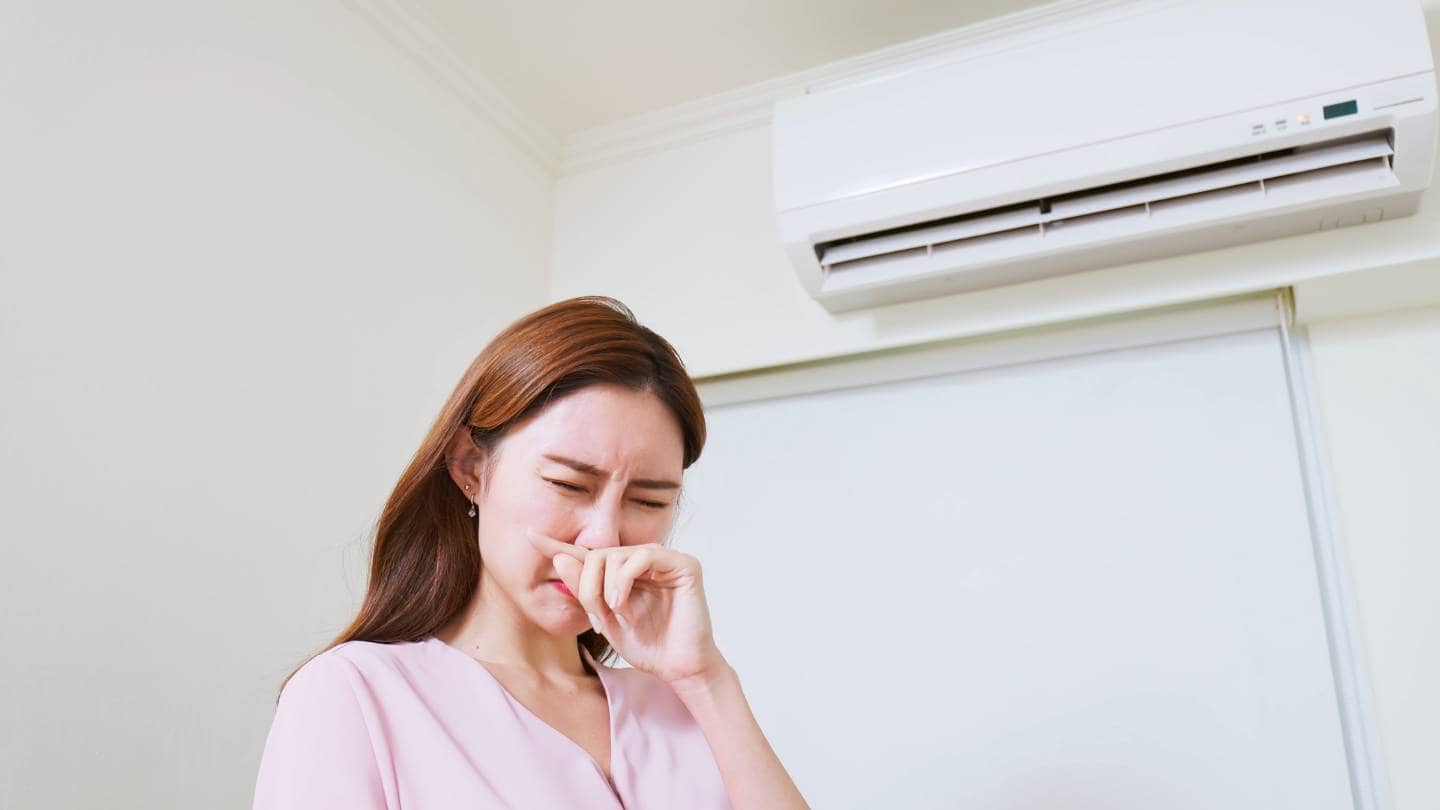
The Importance Of Hiring A Professional To Remove Dead Animals From Your House Or Company
It can be a difficult and unpleasant experience for homeowners or business owners to cope with the aftermath of a dead animal on their property. Dead animals present a health danger and attract bugs to your home. To prevent more harm or issues, you must use professional dead animal removal services if you ever find yourself in such a position.
A deceased animal needs to be removed as soon as possible, and we get that. Our experts will securely and effectively remove any deceased animal from your property, including racoons, squirrels, skunks, birds, and others.
We dispose of dead animals in an eco-friendly way using cutting-edge equipment and methods that ensure their safe removal. Both business and residential clients can take advantage of our deceased animal disposal service, and we always get the right to work.
Conclusion
The smell of a dead animal can linger for weeks in a room with enough airflow, but it's stronger in small rooms with poor lighting and airflow. To get rid of the bad smell, get rid of things that could be polluted, like dead animals, bedding, and nesting materials. However, because the area is damp, it may be necessary to replace the walls, attic insulation, and wood.
Odours can be removed most effectively by giving the area time, letting enough air flow through, and cleaning the area thoroughly. Best for getting rid of smells are baking soda and other natural ingredients.
Animals often die inside homes from things like disease, hunger, bugs, and being eaten by other animals. Smells can be the first sign that an animal is dead in a house or yard. They can be found in yards, attics, inside walls, and under raised homes. Use your sense of smell and look for signs of the dead animal to find the body.
A strong smell can help you find the exact spot. Follow your nose up and down the room's walls until you get there. If the smell is coming from the attic, start by grabbing the wall with a grabbing tool and then use a drywall saw to cut a hole in it. Wearing rubber gloves, cut up the body and put it in a plastic bag. Use an enzyme cleanser to get rid of any live maggots that are on the wall. For bigger animals, burn the body and throw away the body for smaller ones.
If you think the smell is coming from the attic, keep looking and follow the smell. Check for cracks and holes that a sick animal could fit through, like those behind insulation and ducts, under floorboards, and in other places. Take out the body, drain and throw away any possibly infectious bodily fluids or biohazardous items, use a strong vacuum, and clean and deodorise with an enzyme-based spray.
When handling dead animals, it's important to take care of your own cleanliness. Wear a face mask and rubber gloves, have alcohol gel and tissues on hand, and wash your hands and clothes with antibacterial soap to protect yourself from parasites. Cleaners with enzymes, baking soda, and bleach are all-natural ways to get rid of the smell of dead animals.
To avoid more harm or problems, it is best to hire professionals to take away the dead animal. Our professionals will use eco-friendly tools and methods to safely and humanely remove any dead animal from your property.
Content Summary
- The smell of a deceased animal diminishes quickly in well-ventilated spaces.
- Animals often die in inaccessible, dark nests, intensifying the odour during decay.
- Adequate ventilation is challenging in confined, poorly lit spaces, limiting odour treatment options.
- Specific cleaning products are recommended for usage only in well-ventilated areas.
- Eliminating contaminated materials like carcasses and bedding can reduce unpleasant odours.
- Biological enzyme cleansers may not suffice, requiring the potential replacement of drywall and insulation.
- Neglecting odour removal may lead to structural damage, emphasising the importance of prompt action.
- The intensity of odours correlates with the dampness of materials.
- Time, ventilation, and thorough cleaning with natural agents like baking soda are effective odour remedies.
- A persistent odour could indicate a dead animal, necessitating proactive identification and removal.
- Locating the most odorous spot helps pinpoint the dead animal's location.
- Pets' unusual behaviour can indicate the presence of a carcass.
- Accessing a carcass may require cutting into walls or using removable vents.
- Wearing protective gear is crucial when handling dead animals to prevent the spread of parasites.
- Proper disposal, sealing entry points, and cleaning prevent further issues after carcass removal.
- Animal deaths near homes often occur in walls, attics, or beneath elevated houses.
- Bacteria in decomposition create odours, with intensity varying over time.
- The current direction of the air helps identify the location of the carcass on the property.
- Dead rodents like mice and rats can be challenging to locate despite a repugnant odour.
- Using the sense of smell aids in identifying the room with the strongest odour.
- Walls may require cutting to access and remove a carcass located in an elevated space.
- Attics may house dead animals, requiring careful search and removal.
- Swift removal prevents further issues and requires protective measures.
- Disposing of carcasses involves proper containment and sealing to manage odours.
- Biohazardous fluids and particles necessitate thorough cleaning and disposal.
- Personal hygiene, including wearing protective gear, is a priority when handling dead animals.
- Alcohol gel and tissues are essential for cleaning if bodily fluids come into contact with the skin.
- Washing hands and clothing with antibacterial soap is crucial after handling deceased animals.
- Enzyme cleaners break down molecules, causing odours and stains from dead animals.
- Baking soda paste is effective for removing odours when applied to decaying animal areas.
- Full-strength bleach can eliminate odours on certain surfaces but may only mask them temporarily.
- DIY odour removal may require replacing insulation, drywall, or porous wood.
- Handling animal carcasses without protective gear poses health risks due to bacteria and viruses.
- Disinfectants may not eliminate all germs, highlighting the limitations of DIY approaches.
- Professional dead animal removal services are essential to manage health risks and prevent further issues.
- Dead animals pose health dangers and attract pests, necessitating prompt removal.
- Professionals ensure safe disposal using eco-friendly methods and cutting-edge equipment.
- Expertise is crucial for removing various deceased animals, such as raccoons, squirrels, and birds.
- Eco-friendly disposal methods are employed for both residential and business clients.
- Professional services emphasise prompt and secure removal of deceased animals.
- Experts ensure effective removal, disposal, and prevention of further harm.
- Specialised equipment and methods are employed to guarantee safe and eco-friendly removal.
- Both residential and business clients can benefit from professional deceased animal disposal services.
- Dead animals are disposed of responsibly, prioritising environmental considerations.
- The removal process is efficient, preventing prolonged exposure to health hazards.
- Professionals employ advanced techniques to ensure the complete removal of deceased animals.
- The service covers a range of animals, including raccoons, skunks, squirrels, and birds.
- Residential and business properties can rely on professional services for deceased animal removal.
- Cutting-edge equipment enhances the effectiveness of deceased animal disposal.
- Clients can trust professionals to promptly and safely address the aftermath of a dead animal on their property.
Frequently Asked Questions
If the smell persists beyond a reasonable timeframe, it's advisable to seek professional help. There might be remnants of the carcass or other underlying issues.
If the animal is in a confined space with poor ventilation, the odour might linger longer compared to an open area with better airflow.
Yes, especially if there's poor insulation or ventilation. The odour can spread through air ducts, walls, and other openings.
Cleaning the area with disinfectants and removing residual remains can significantly reduce the smell and prevent lingering odours.
Professionals have specialised equipment and expertise to locate hidden remains and effectively neutralise odours, providing a quicker solution than DIY methods.


